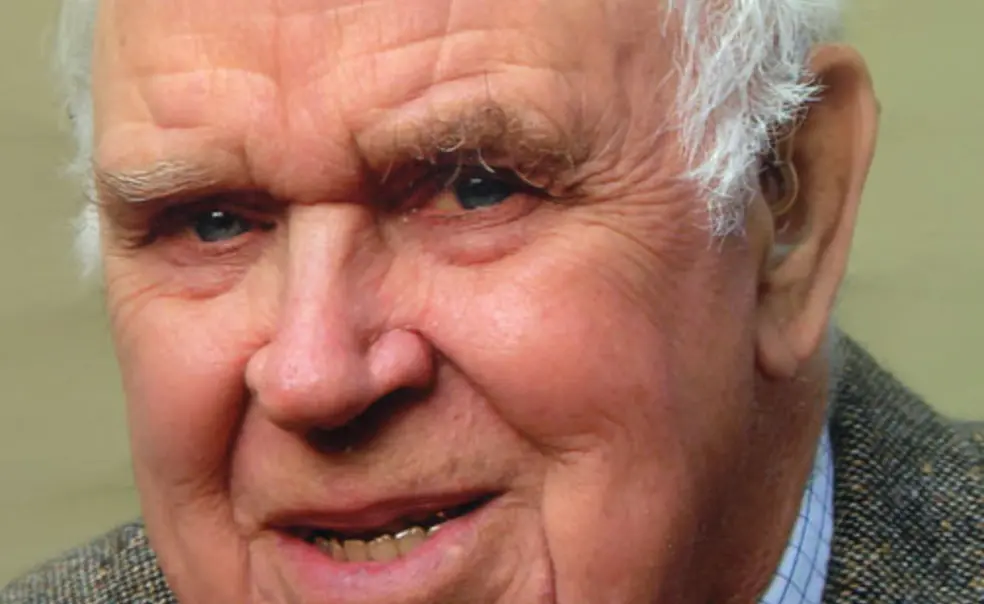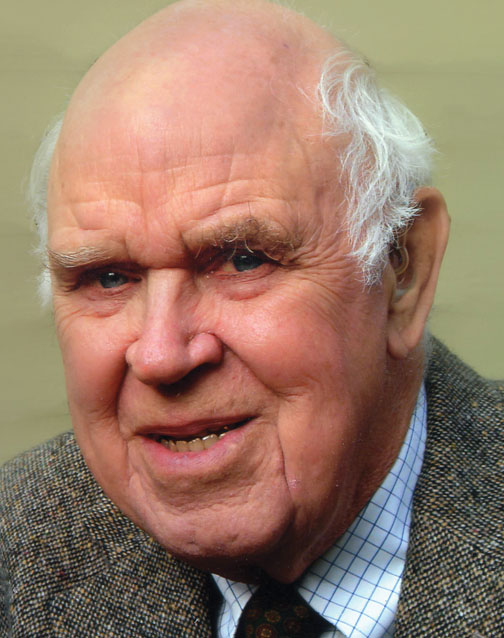In Brief
A’s made up 40.9 percent of all grades in undergraduate courses in 2009–12, up from 40.1 percent in 2008–11, according to a report by the Faculty Committee on Grading. The University’s GRADE-DEFLATION policy, adopted in 2004, aims to limit A’s to 35 percent of all grades. Departments in the natural sciences and social sciences continued to be the toughest graders, awarding A’s to 37.3 percent and 38.1 percent of students, respectively, in the last three years. In engineering courses, A grades accounted for 40.1 percent of all grades, while in the humanities, 44.4 percent of grades were A’s.
Dean of the College Valerie Smith said the University is emphasizing to faculty that “35 percent A grades is not a quota, and that faculty who cite the policy as a reason for not awarding an A grade are misrepresenting the policy.”
GETTING ADMITTED to Princeton is about to get a little tougher. For the next three years, the University plans to enroll 1,290 students per year, about 18 less than its usual target, according to Dean of the College Valerie Smith. The reason? In this year’s freshman class, more students accepted Princeton’s offer than anticipated, resulting in a class with some 50 students more than the target number of 1,308. After three years, the student body should be “back to optimal size,” Smith said.
A New Jersey judge has directed President Tilghman to provide her CORRESPONDENCE WITH TOP EXECUTIVES OF GOOGLE, where she has served on the board of directors since 2005. The subpoena results from a class-action lawsuit filed by the Brockton (Mass.) Retirement Board, which is seeking similar information from other board members. The lawsuit claims that the company’s plan to create a new class of stock would favor Google executives and disadvantage small shareholders.
The lawsuit also is seeking documents related to the University’s and Tilghman’s relationships with Google, according to The Times of Trenton. “Princeton has received a subpoena related to the Google lawsuit, and the University is responding accordingly,” said University spokesman Martin Mbugua. “Regarding President Tilghman’s role in the matter, that is not being handled by the University.” A Google spokesman declined comment.
IN MEMORIAM HOWARD C. “PAT” CURTISS JR. *57 *65, a professor emeritus of mechanical and aerospace engineering and an expert on the aerodynamics of helicopters and vertical-takeoff aircraft design, died of cancer Sept. 20 in Plainsboro, N.J. He was 82. Curtiss, a sought-after teacher whose students went on to take prominent positions in the aerospace industry, served on the faculty for 33 years before retiring in 1998. He was a consultant for many aerospace companies, and most recently worked with Carson Helicopters to develop an improved rotor blade for the Sikorsky S-61 helicopter. The design is now used on the Marine One helicopter fleet that transports the U.S. president.
A memorial service for Curtiss will be held at Prospect House at 2:30 p.m. on Saturday, Nov. 10.













1 Response
Al Richardson ’76
10 Years AgoAdjusting enrollment
It’s true that if Princeton admits 18 fewer students during each of the next three years, the 2015–16 undergraduate enrollment will be “back to optimal size” (Campus Notebook, Oct. 24). But what happens then? Do you maintain that size by admitting 50 additional students the following year? That pendulum could swing for a long time. If current enrollment is problematic, why not make a onetime adjustment next year, limiting the problem to this year (50 high) and 2016-17 (50 low)?